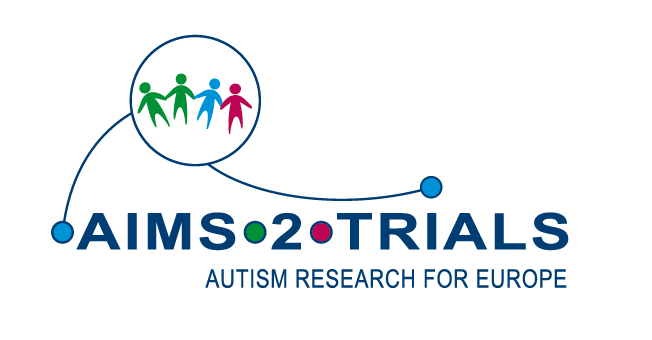 Adaptive functioning refers to the ability to manage the demands of day-to-day life. It can include areas such as self-care, travel, shopping, cooking, fine motor skills and communication. It is understood that autistic people may learn some of these skills at a slower rate than their non-autistic peers. An AIMS-2-TRIALS study recently explored which factors contribute to this delay. This research demonstrated for the first time that reduced adaptive functioning is linked to social communication difficulties that define autism, rather than typical sensory symptoms, repetitive behaviours or any associated conditions (like attention deficit hyperactivity disorder, ADHD). Furthermore, the study found that the autistic people with more social difficulties had a larger difference between their adaptive behaviour and intelligence quotient (IQ) scores than those with better social functioning.
Adaptive functioning refers to the ability to manage the demands of day-to-day life. It can include areas such as self-care, travel, shopping, cooking, fine motor skills and communication. It is understood that autistic people may learn some of these skills at a slower rate than their non-autistic peers. An AIMS-2-TRIALS study recently explored which factors contribute to this delay. This research demonstrated for the first time that reduced adaptive functioning is linked to social communication difficulties that define autism, rather than typical sensory symptoms, repetitive behaviours or any associated conditions (like attention deficit hyperactivity disorder, ADHD). Furthermore, the study found that the autistic people with more social difficulties had a larger difference between their adaptive behaviour and intelligence quotient (IQ) scores than those with better social functioning.
Tony Charman, one of the lead authors on the study, told Spectrum News that these findings are surprising. “It would have made some sense for me if high levels of sensory symptoms or high levels of ADHD were making [autistic people] less functional in everyday life.”
Charman stated that the results do not however say that social difficulties lead to problems in adaptive functioning. Future research will explore how social and adaptive difficulties are related and how the relationship between these traits change across development.
The study was published in Autism Research and was covered by SpectrumNews.








